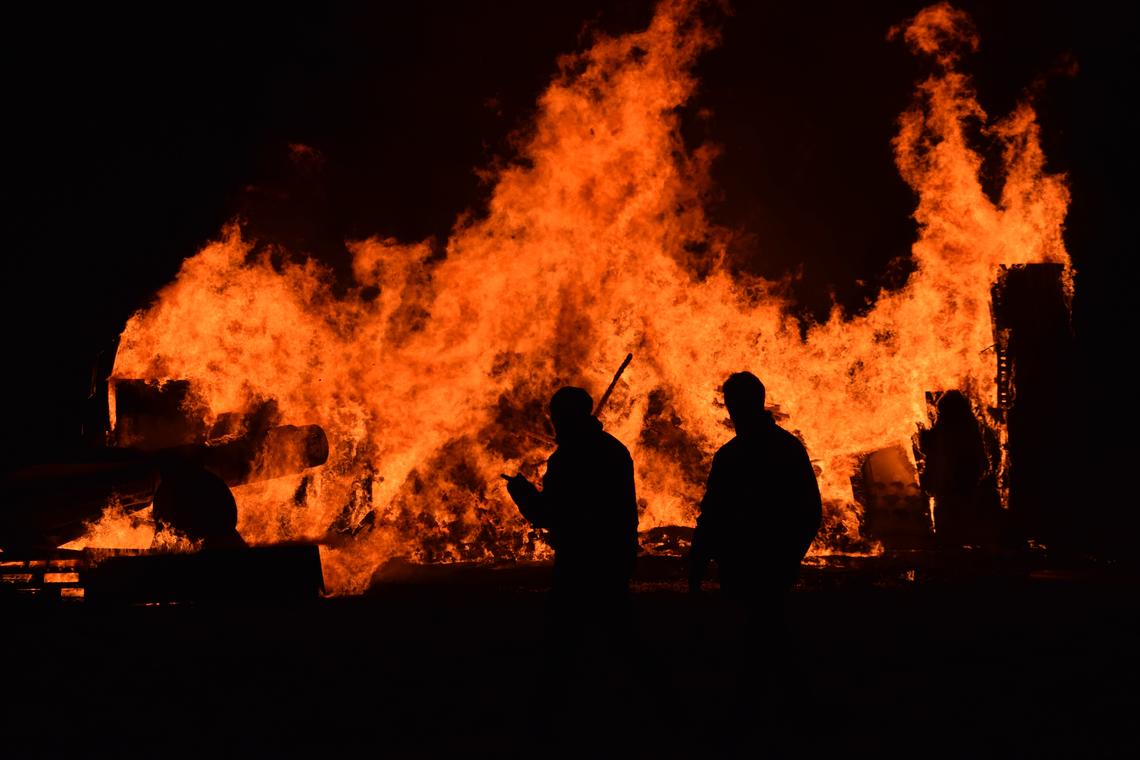Oct. 21, 2020
Social work prof named 2020 Killam Research Excellence Laureate

It can be argued that the world has never needed social workers more than it does right now. Social workers are on the frontlines of the COVID-19 crisis, and the profession is the first mentioned when people envision a different way of responding to crises usually handled by police. So, it’s fitting that in 2020, a Faculty of Social Work researcher was recognized with the University of Calgary Killam Research Excellence Award.
In an online ceremony held Oct. 15, Dr. Julie Drolet, PhD, was recognized for her outstanding contributions to research over the last decade.
“It was a real honour to hear the news,” says Drolet, who is based out of the faculty’s Edmonton campus. “I know that this is a competitive program and I know that particularly in the Social Sciences and Humanities Research Council (SSHRC) category, there is a lot of fantastic research taking place at the University of Calgary. To be selected for the award is a real honour. I really thank the faculty for nominating me and the Killam Trust for selecting me for the award.”

One of Drolet's research focuses is how communities respond to and recover from natural disasters such as the 2004 tsunami or the 2016 Fort MacMurray wildfire. Drolet is creating a disaster-readiness network of social workers.
Issy Bailey, Unsplash
Over the last decade, Drolet’s research has focused on a wide range of issues including immigrant settlement and integration, and community response, resiliency and recovery during natural disasters.
She studied the aftermath and long-term recovery after the 2004 tsunami in Southeast Asia. Here in Alberta she studied the response to the floods in Calgary and High River in 2013, and the wildfires in Fort McMurray in 2016.
Social work disaster network planned
Drolet points out that disaster response and readiness are becoming increasingly important around the world due to the effects of climate change. In fact, one of her current projects is a SSHRC Insight grant that examines the important role social workers have filled during natural disasters in our province with the goal of being better prepared for the next one.
“We're planning to develop a social work disaster network over the next six months in Alberta,” she says, “because that's an area of need where social workers want to network to be able to come together to access training, to build capacity and to provide support to one another.”
Another current area of focus for Drolet is an ambitious project aimed at transforming the field education landscape (TFEL) in the education of social work students. TFEL is being funded by a $1.98 million SSHRC partnership grant.
Fieldwork experience is a required and essential part of all undergraduate and graduate social work education programs across Canada. Due to a number of reasons there is increasing difficulty to find the necessary field placements for all students. Drolet is leading a team of 13 co-investigators, 51 collaborators, and 39 partners from Canadian and foreign post-secondary institutions looking for new approaches and solutions.
Silver lining for pandemic
Drolet says one of the few silver linings during the COVID-19 pandemic has been how schools of social work were able to leverage online platforms to find new approaches for practicums.
“With COVID, the shift to virtual and remote learning has become incredibly important,” says Drolet. “How can students be supported to continue their education and to develop those skills in remote and virtual environments?
"In response to this really urgent need, we created a lot of opportunities for students to engage in virtual practicum activities — for example, to create digital stories. Or to participate in different research projects — collecting, analyzing and publishing data. Also thinking about the role of social work practice research. So how can we bring together research that informs practice, and practice that informs research?”
Coming out of the post-COVID-19 world Drolet is also increasingly interested in exploring social protection initiatives here in Canada and internationally.
“I’m interested in the need to continue to strengthen social protection systems and social policies which have really emerged as an important area during COVID-19,” she says. “What we're really seeing is governments providing new social protection initiatives to support people and create a buffer so that they're not experiencing the full social, economic and health crisis impacts [of the pandemic] in their lives. I’m also interested in what’s going to happen afterward when the economic recovery takes place.”



